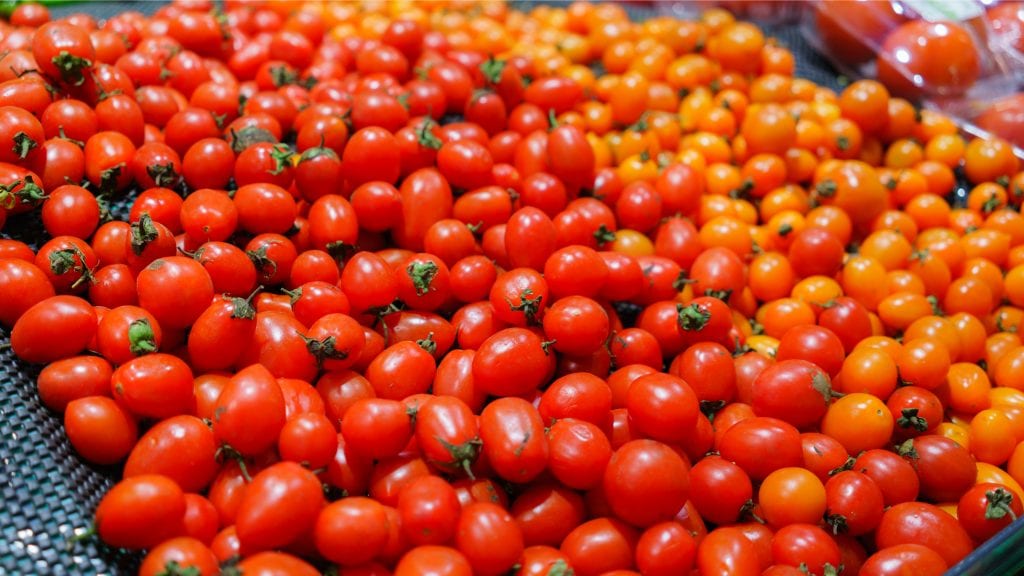
Atlanta, GA – Georgia Agriculture Commissioner Tyler Harper announced in April that Georgia blueberry growers voted to extend the $5 per ton assessment on marketed blueberries for an additional three years. The balloting was conducted from March 1 to March 30, 2024, and the extension passed with 71% voting in favor. Georgia Growers marketing 2,000 pounds or more of blueberries are subject to the assessment, ensuring continued support for the research, education and promotion to support Georgia’s blueberry industry.

The Georgia Agricultural Commodity Commission for Blueberries, established by the Georgia State Legislature in 2008, is crucial in advancing Georgia’s blueberry industry. It allocates funds toward essential projects, including research, education, and promotional efforts. These initiatives encompass various endeavors, from breeding and genetic improvements to fertility studies, variety evaluations, insect and disease management, and weed control. Notably, the Commission actively advocates for fair trade practices, urging the Federal Trade Commission to investigate instances of blueberry dumping into the U.S. market.
Harper also announced that Georgia vegetable producers voted to extend the one-cent-per-marketing-unit checkoff fee on 14 key vegetable crops for another three years. The decision, supported by more than 90% of producers, reflects their commitment to ensuring fresh, nutritious food for all Georgians.
The approved market order covers crops including cabbage, beans, greens, bell peppers, specialty peppers, tomatoes, eggplants, carrots, beets, cantaloupes, squash, broccoli, sweet potatoes and cucumbers, providing vital support for growers statewide.
Funds collected by the Georgia Vegetable Commission contribute to research initiatives conducted by the University of Georgia, focusing on production enhancement, disease control and pest management.
To participate, growers must produce 50 acres or more of designated crops annually.










